ГДЗ Англійська мова 6 клас. Підручник Prepare 6 [Джоанна Коста, Мелані Вільямс] 2023
Unit 15. Mysteries in nature.
Сторінка86Vocabulary and Reading
1. Match photos A - H to the words in the box. Use each word once only.
A - lake; B - river; C - mountain; D - field; E - snow; F - water; G - cliff; H - island.
2. Look at the photos and complete the sentences with wide, high, long and deep.
1 - high; 2 - wide, long; 3 - deep.
1.Mount Everest is 8,848 metres high.
2.The Amazon River is 11 kilometres wide and 6,400 kilometres long.
3.Lake Titicaca is 107 metres deep.
3. Match the words in Exercise 1 to the adjectives in the box.
cliff: high, wide; mountain: high;
fiel:long, wide; river: long, wide, deep;
island: long, wide; snow: deep;
lake: long, wide, deep; water: deep.
4. Think about Ukraine. Give the names of...
• two high mountains - Hoverla, Aipetri.
• an area of deep water - Black Sea.
• a long river - Dnipro.
• a wide lake - Svityaz.
5. What can you see in the photos on page 91? What do you think this strange story is about?
I can see mountain on the photo. I think it is about horrila who lives in Mountains.
7. Read the article again. Complete the text with wide, high, long and deep.
1 - high; 2 - long; 3 - wide; 4 - deep.
8. In pairs, discuss these questions.
1. Do you think the Yeti is real, or is it just a story? - I think it is just a story.
2. What do you think the footprint in the snow belongs to? - It belongs to people.
Сторінка87
Grammar
1. Read the table. Complete sentences 1-4 using the verbs in the article.
Positive. Eric Shipton was climbing in the mountains.
The climbers were walking through thick snow.
Negative. Eric Shipton wasn't exploring alone.
The climbers weren't climbing that day.
2. What was happening yesterday afternoon? Complete the sentences with the past continuous form of the verbs.
1. The boys were playing football in the park. They weren't running very fast because the grass was too long.
2. Were you climbing that tree?' 'No, I wasn't.'
3. My friend was watching TV. She wasn't tidying her room.
4. Were the students working on the computer?' 'Yes, hey were.'
Now correct the mistakes in the sentences.
1. We were playing football in the park yesterday morning.
2. I lost it at the party when we are were dancing.
3. We were not reading stories about strange animals in class yesterday.
4. She wasn't thinking and she dropped her bag.
4. In pairs, ask and answer the questions.
What were you doing last Sunday morning at eleven o'clock? - I was having my lunch.
What were you doing yesterday at seven o ’clock in the morning? - I was sleeping.
What were you doing last Saturday at one o 'clock? - I was walking with my friends.
What were you doing last Monday evening at six o'clock? - I was playing football.
Сторінка88
Reading
1. Look at the photos. What do you know about Loch Ness and the Loch Ness Monster?
I know that Loch Ness is a lake in Scotland where lives monster Nessy.
2. Read the article quickly and match the pictures A - C to the paragraphs 1-3.
A - 3; В - 1; C - 2.
3. Read the article again and answer the questions.
1.When do people think they see things on the loch?
When there are clouds making shadows on the water or when it is foggy.
2. What does 'loch' mean? It is Scottish for lake.
3. How big is loch Ness?
It is 36 km long, nearly 3 km wide and 230 m deep.
4. Which has more water: the lakes of Wales and England or loch Ness? Loch Ness.
5. When did people first see a monster? About 1500 years ago.
Listening
1. Peter was on holiday with a friend in Scotland last summer. They were looking for the Loch Ness monster. Listen and answer the question.
1. What was the weather like? - It was foggy.
2. What day of the week was it? - It was Wednesday.
3. What did Peter do after he woke up? - He sat and watched the loch.
4. What could Peter see on the other side of the loch? - He could see the trees.
5. What did Peter think he could see in the water? - He thought he could see Nessie monster.
6. Why did Peter wait before he took the photo? - It was foggy and they couldn't see anything.
7. What did his friend see in the water? - He saw a duck.
Сторінка 89
Vocabulary
1. Complete the table with the adjectives.
fog - foggy; ice - icy; rain - rainy; snow - snowy; sun - sunny; wind - windy.
2. Now match the adjectives to the symbols.
A - cloudy; B - rainy; C - windy; D - foggy; E - icy; F - snowy; G - sunny.
3. Complete the facts using the words in Exercise 1.
1. Wellington in New Zealand is a very windy city. The wind blows at more than 50 km an hour for more than half the year.
2. New York can be very snowy in winter. In some years, the snow is more than 50 cm deep.
3. Valletta, the capital of Malta, has more sunny days than other cities in Europe. On most days there are no clouds in the sky.
4. Mawsynram in India is the wettest place in the world. There is rain most days of the year and people always carry an umbrella.
4. How would you describe your town or city? Use the word from Exercise 1.
In summer it is usually hot in Kyiv and sometimes rainy.
 ГДЗ 6 клас 2023 Англійська мова Підручник Коста Вільямс Prepare Лінгвіст
ГДЗ 6 клас 2023 Англійська мова Підручник Коста Вільямс Prepare Лінгвіст
 Якщо помітили в тексті помилку, виділіть її та натисніть Ctrl + Enter
Якщо помітили в тексті помилку, виділіть її та натисніть Ctrl + Enter 25.11.2023,
25.11.2023,
 8 978,
8 978,
 0
0
 Назад
Назад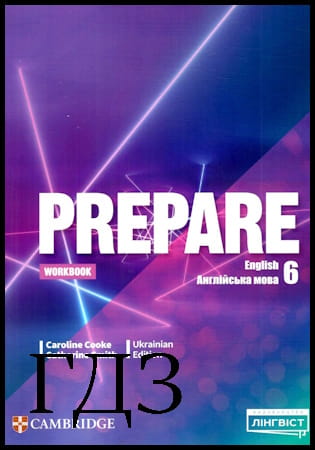
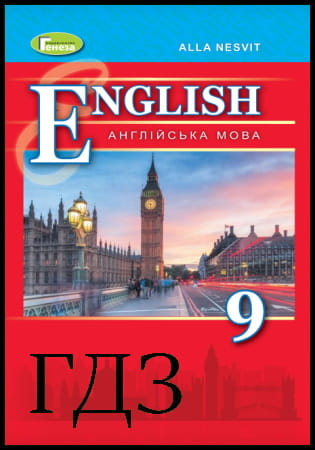
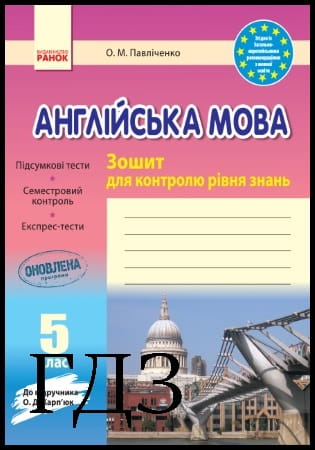
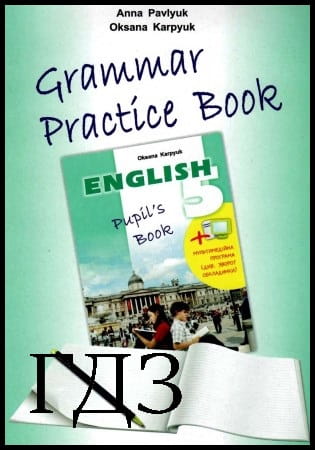
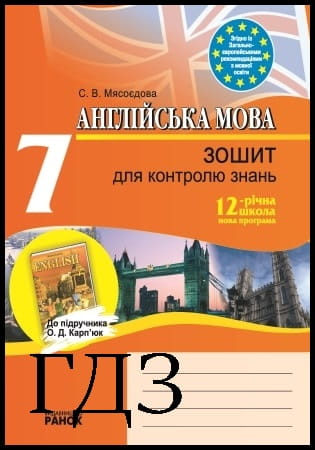
![ГДЗ Природознавство 5 клас. Підручник [Ярошенко О.Г., Бойко В.М.] 2018 ГДЗ Природознавство 5 клас. Підручник [Ярошенко О.Г., Бойко В.М.] 2018](/uploads/posts/2019-04/1555779316_5_p_y_u2018.jpg)
![ГДЗ Основи правознавства 9 клас. Підручник [Наровлянський О. Д.] 2017 ГДЗ Основи правознавства 9 клас. Підручник [Наровлянський О. Д.] 2017](/uploads/posts/2019-02/1550928122_9k_p_n_2017.jpg)
![ГДЗ Українська мова 8 клас. Підручник [Глазова О.П.] 2021 ГДЗ Українська мова 8 клас. Підручник [Глазова О.П.] 2021](/uploads/posts/2021-10/1633720388_8k_y_g_2021.jpg)
![ГДЗ Вступ до історії 5 клас. Підручник [Гісем О.В.] 2018 ГДЗ Вступ до історії 5 клас. Підручник [Гісем О.В.] 2018](/uploads/posts/2019-07/1564163269_5k_i_h_2018.jpg)